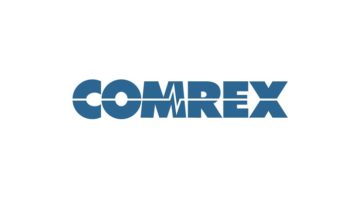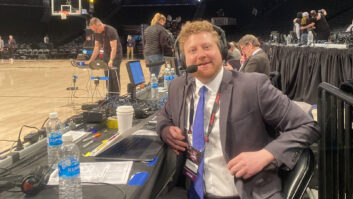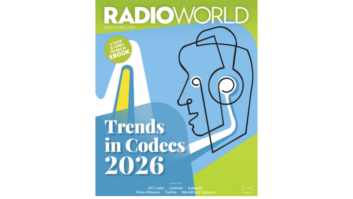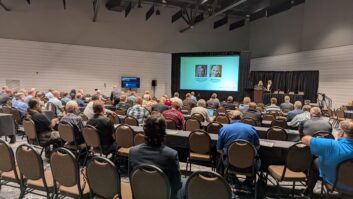Radio World Buyer’s Guide articles are intended to help readers understand why their colleagues chose particular products to solve various technical situations. This month’s articles focus on products that support remote broadcasts and sports coverage.
Midwest Sports Broadcasting is a live broadcasting service that provides engineering, technical support and remote coverage for a range of sports, talk, music and entertainment clients. The company handles high-profile broadcasts for SiriusXM, Learfield, Westwood One Sports, ESPN Radio and many more.
“I envision us as a premium service for national radio broadcasters who value the highest-quality broadcasts with extended functionality,” said Jake Robinson, founder and technical director of Midwest Sports Broadcasting. “We pride ourselves on providing services that go beyond a lot of the basic remote broadcasts that you see throughout the industry.”
Because Midwest Sports Broadcasting specializes in live events, they have a large stable of IP audio codecs at their disposal. “We have a large quantity of Access NX [Portable] units, Access NX Racks, BRIC-Link II codecs, even some older Access 2USB units.”
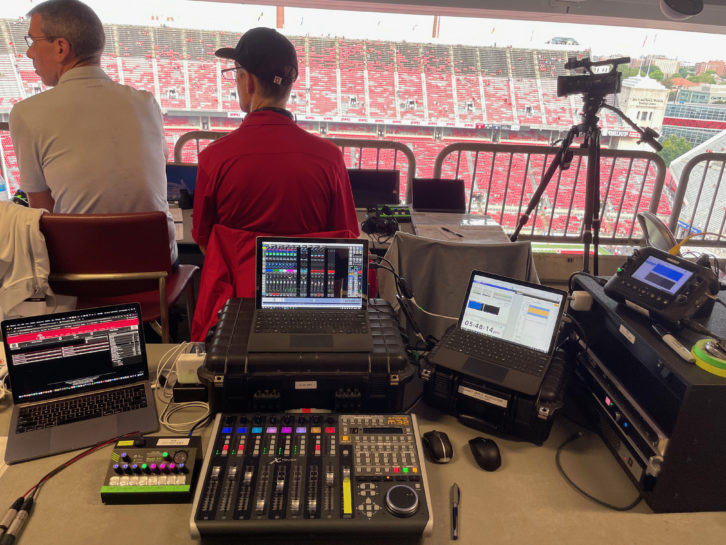
Increasingly, however, Midwest Sports Broadcasting has included Access MultiRack in their rigs for remote broadcasts. Access MultiRack is an AES67-compatible multi-channel IP audio codec, capable of five full-duplex stereo connections simultaneously.
“Most of our systems are Dante-based, and the interoperability between Dante and AES67 has cut down on our need for external converters and bridges for devices,” said Robinson. “When you’re flying with a handful of Pelican cases, the more you can cut down on space, the better. Access MultiRack has enabled us to reduce our logistics costs, and we can provide more connectivity to the networks we work with.”
When it comes to making MultiRack broadcasts work for remotes, Robinson is diligent in preconfiguring the codecs. “We know exactly how many connections we’re making, the needs of the onsite broadcast, all of the intercom paths, and whether or not video is involved,” said Robinson. “We site-check every location, and once it’s time for the remote, all the advance work is done.”
The similarities between Access MultiRack’s user interface and other Comrex IP codecs has made using it in the field easier. “When a new engineer gets in front of a MultiRack, it looks familiar. It’s easy for them to just connect and go.”
He says Midwest uses Comrex codecs because they’re compatible with the broadcast ecosystems its clients use. “For years and years we were able to do ISDN pretty reliably throughout the country and around the world, and with the sunset of that service, IP has become the standard. In my experience, Comrex codecs have been the most reliable.”
